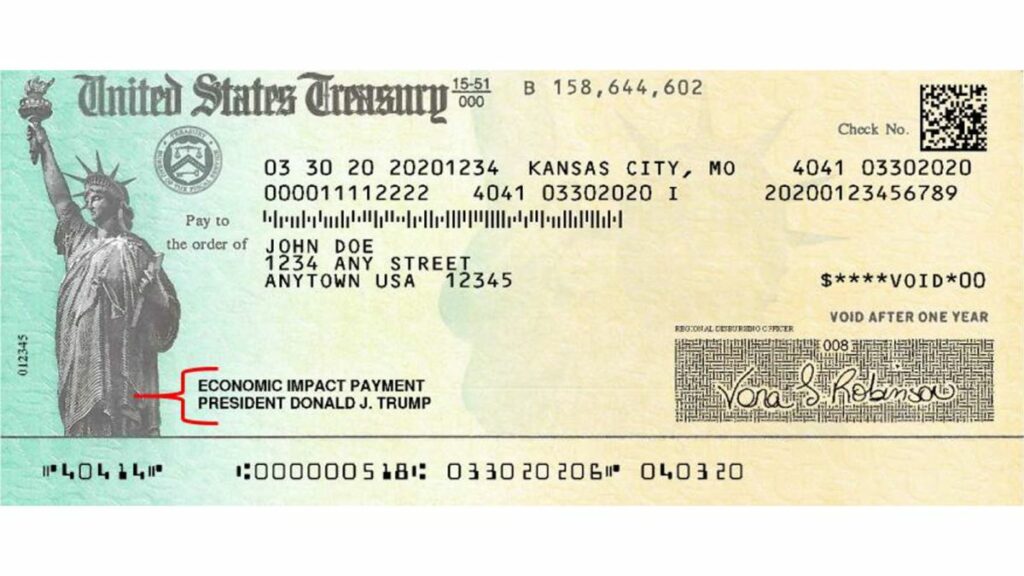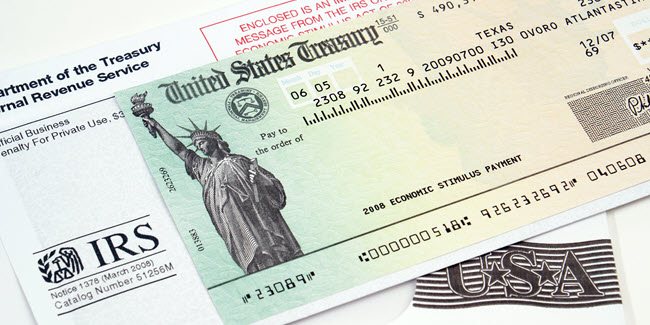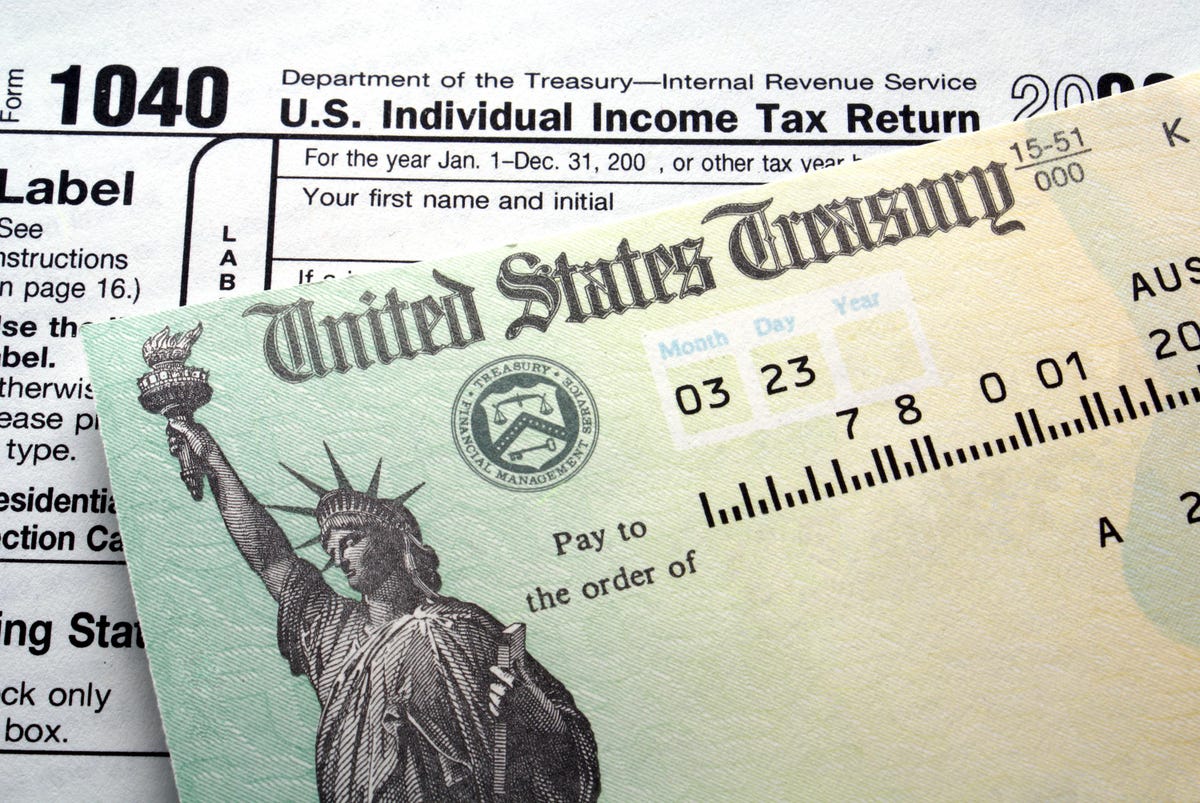
IRS would not challenge the taxability of general welfare and disaster relief payments. (Photo: CNN)
The Internal Revenue Service announced Friday evening that taxpayers from 21 states that issued state stimulus checks or tax rebates in 2022 would not have to pay taxes on those payments on this year’s federal tax return.
The guidance clarifies how taxpayers should treat these payments and permits those who have yet to file to do so. It also means that, for the most part, residents of the affected states who have already filed their taxes are not required to amend their returns.

IRS would not challenge the taxability of general welfare and disaster relief payments. (Photo: Trusted World News)
IRS stated that it would not “challenge the taxability of payments related to the general welfare and disaster relief,” so taxpayers who received payments from the states listed below do not need to report them on their federal tax return for 2022:
- California
- Colorado
- Connecticut
- Delaware
- Florida
- Hawaii
- Idaho
- Illinois
- Indiana
- Maine
- New Jersey
- New Mexico
- New York
- Oregon
- Pennsylvania
- Rhode Island
Except for those who received the annual payment of Alaska’s Permanent Fund Dividend, Alaska is also included in this group. According to the statement, this is taxable income on federal tax returns. Any other state stimulus checks made by states to workers as compensation are also taxable at the federal level.
Taxpayers in Georgia, Massachusetts, South Carolina, and Virginia who received state stimulus checks are exempt from reporting them on their 2022 federal tax returns if they meet the following criteria:
- The payment is a refund of state taxes.
- The taxpayer either took the standard deduction or itemized their deductions but did not receive a tax benefit.
The IRS needed to provide instructions for taxpayers who did not meet those requirements but whose payments were still federally taxable and had already filed their federal tax returns.
“The IRS appreciates taxpayers’, tax professionals’, software companies’, and state tax administrators’ patience as the IRS and Treasury worked to resolve this unique and complex situation related to state stimulus checks,” the IRS said in a statement.
READ ALSO: IRS Penalties: Consequences of not Paying 2022 Taxes




















